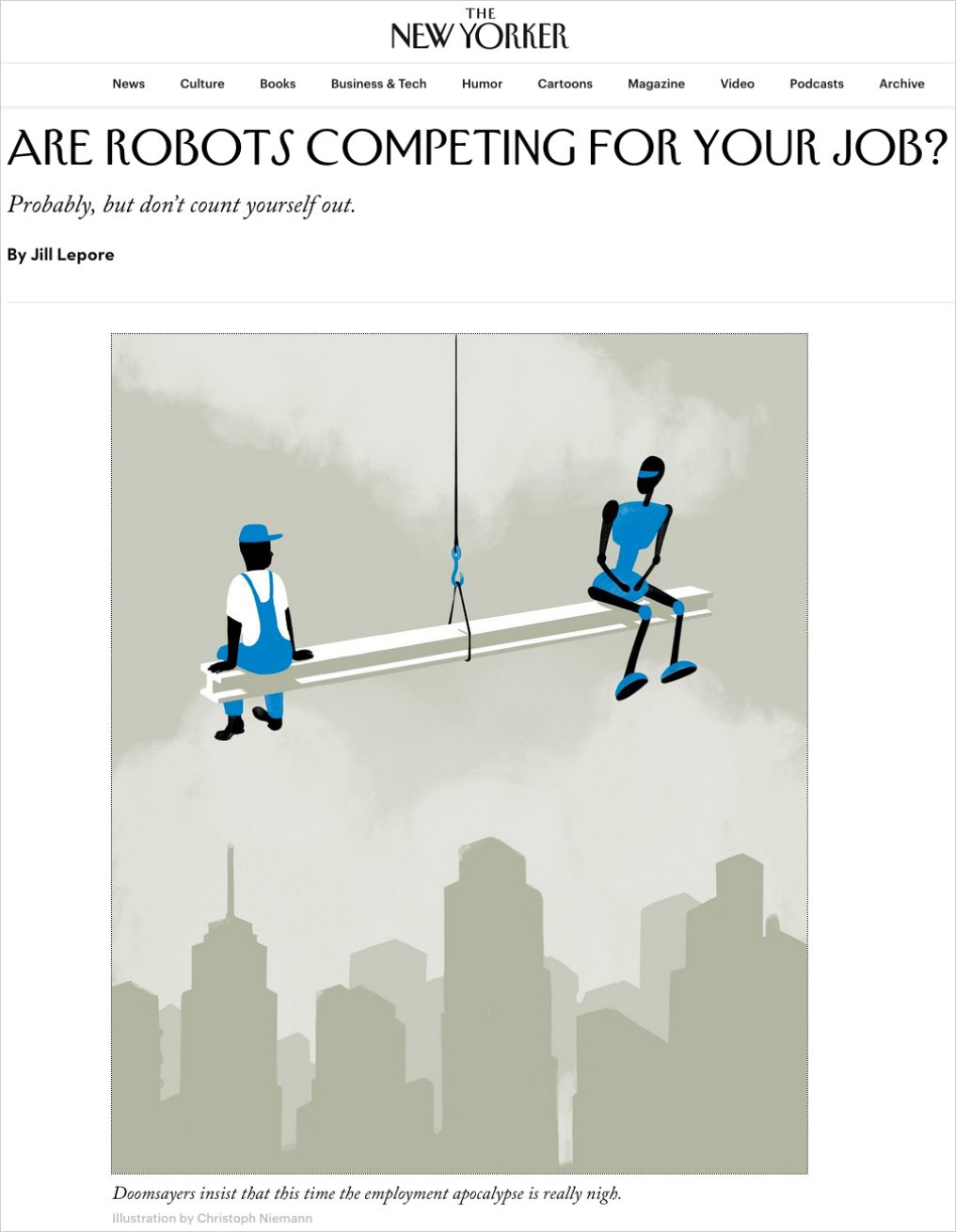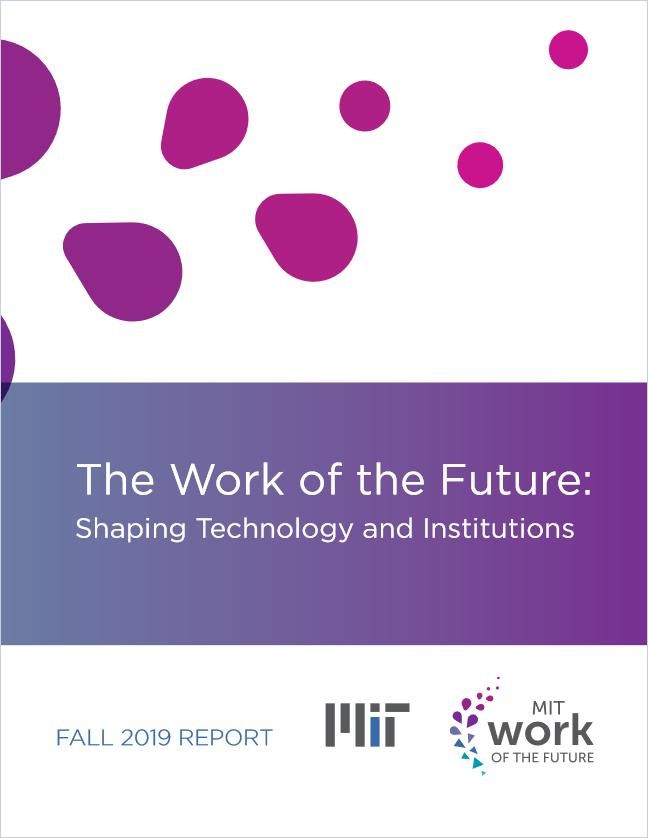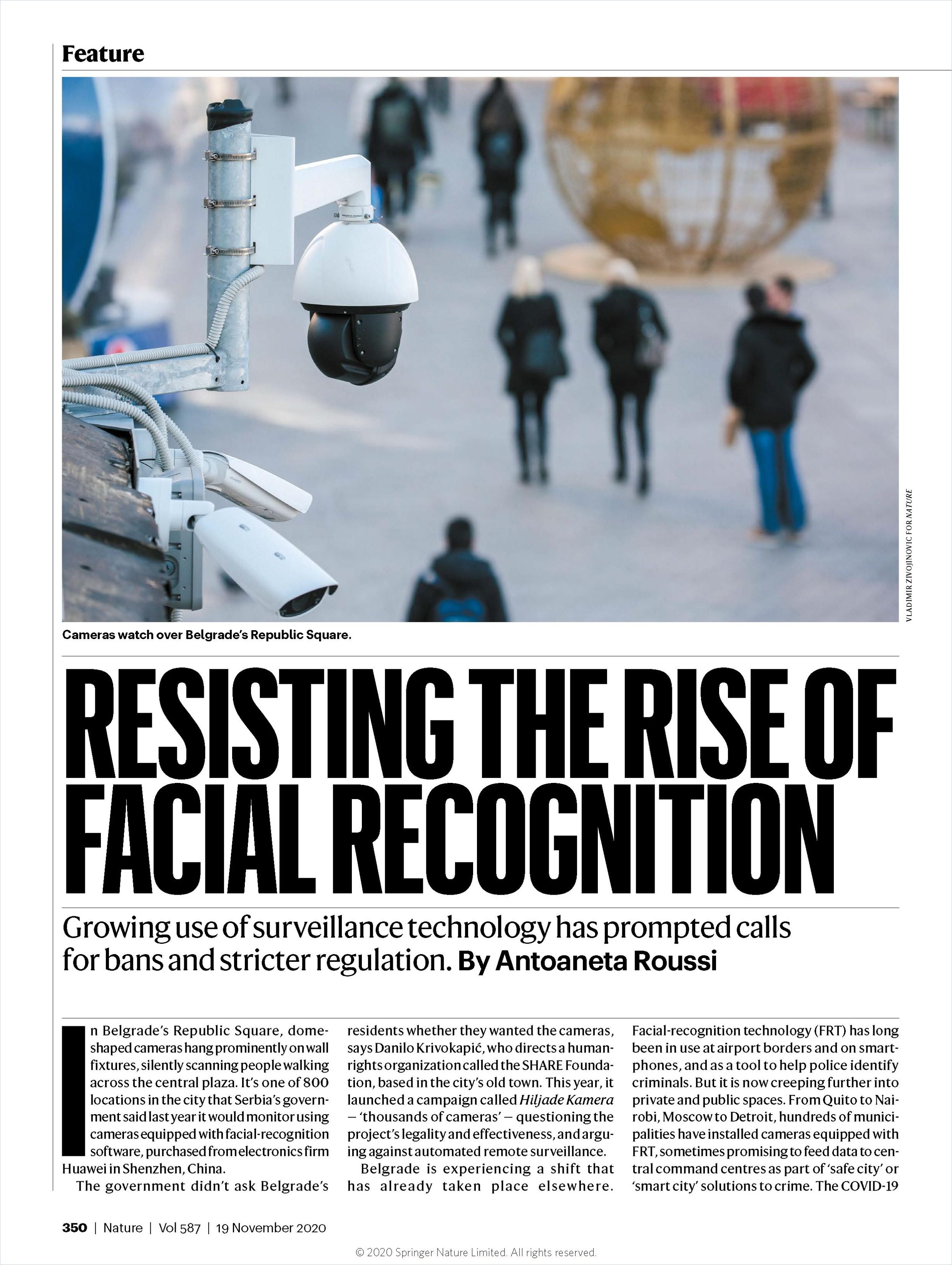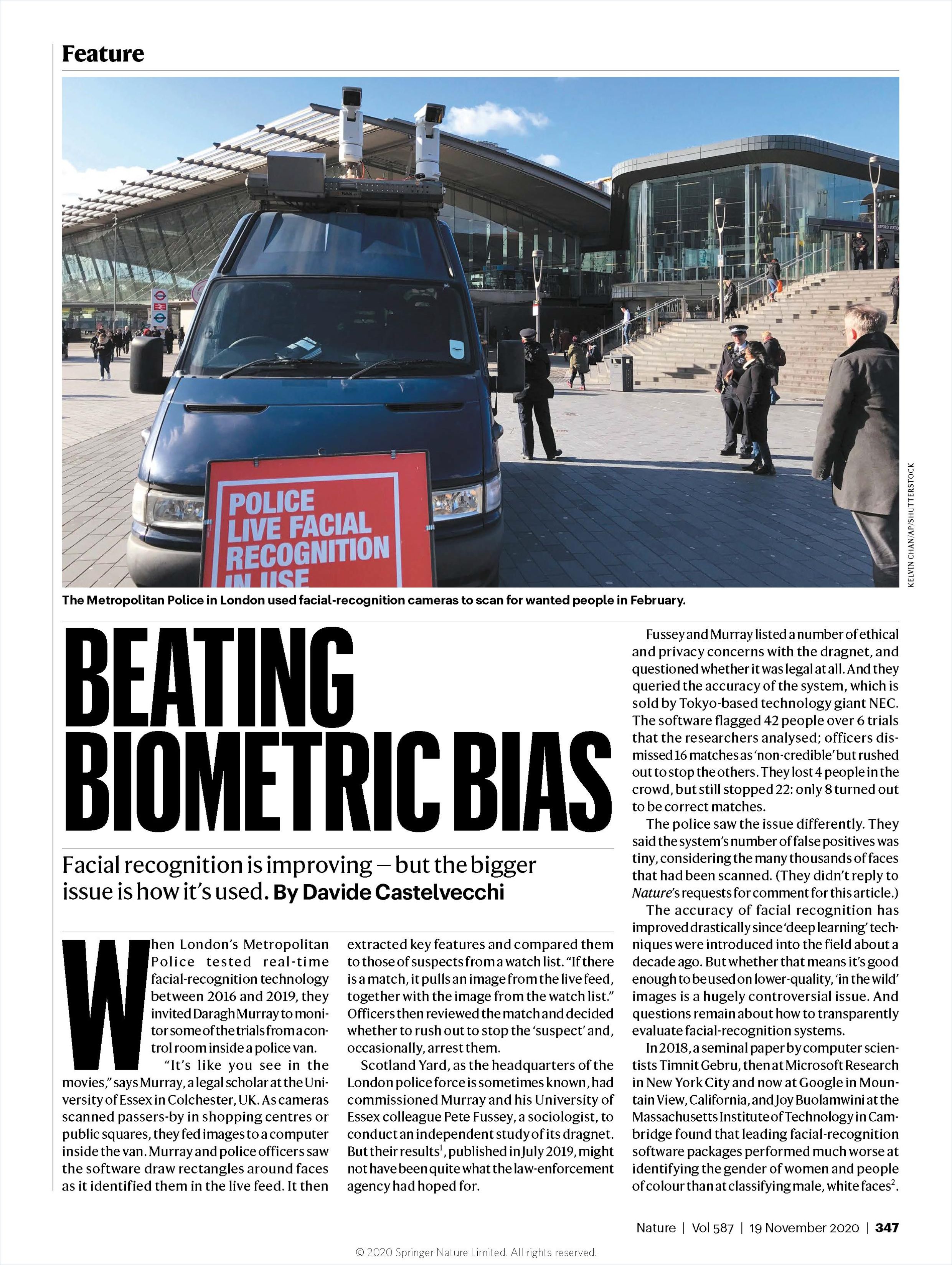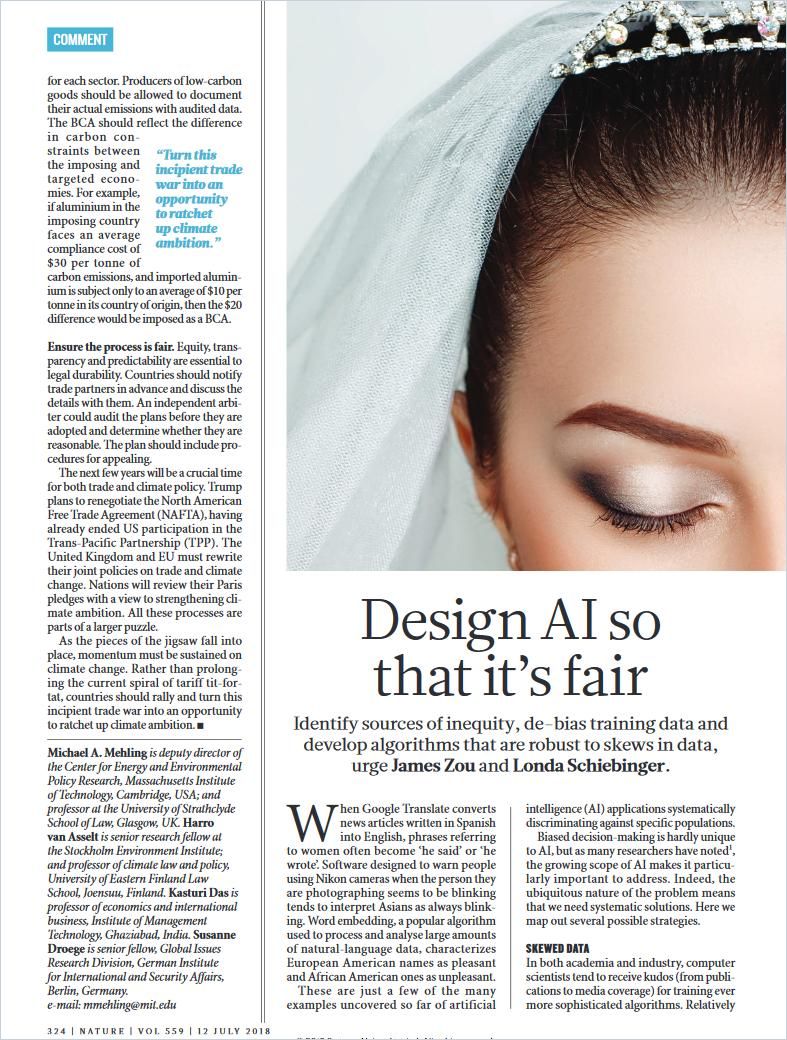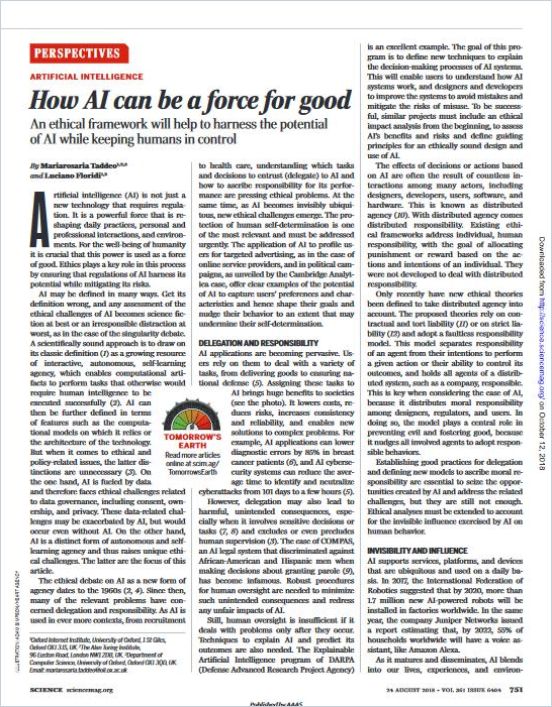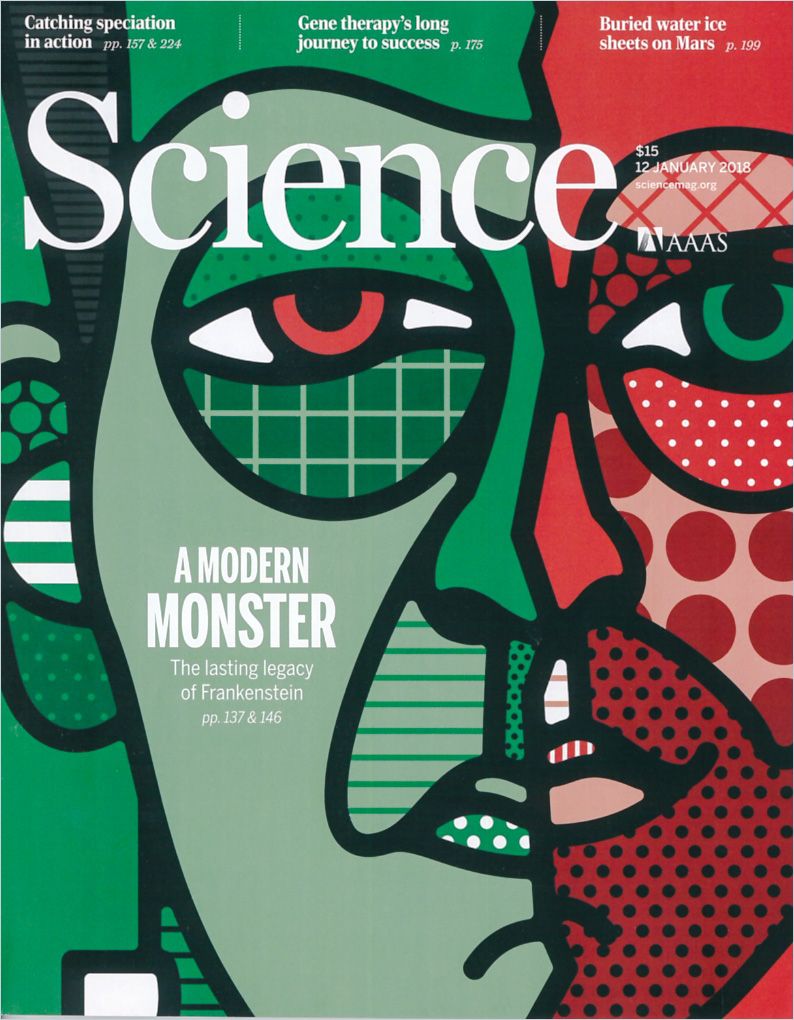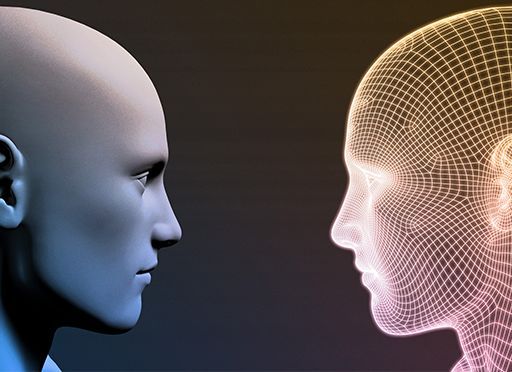All About AI – Part 5: AI for the Good

Is a Robot Taking My Job?
While some people cannot wait to put all those robots to work for them – in the hopes this will give them more time to do what they’d like to do – others may fear the future (of work). Such fears aren’t new. Even during the Industrial Revolution, people were afraid machines might take their jobs – but in the end, more jobs have been created than lost in total. It will be no different with AI technology. Some jobs – especially those that are highly repetitive, stationary and easy to automate – will be done by a machine. Does that mean you’ll lose your job? Here are some answers:
The getAbstract Journal has an entire series of columns on how to stand up to machines in the fight for jobs:
What Will Be My Place in All of This?
Perhaps it will mean you’ll do a different job? Maybe you’ll be one of the people that train the machine, make sure it learns to do things right – and the right things (we’ll come to that shortly). Or maybe you’ll be an expert who business leaders trust because you help them make better decisions – by explaining what’s happening in a machine that looks like a black box to them. Or maybe you’ll improve algorithms and machine performance.
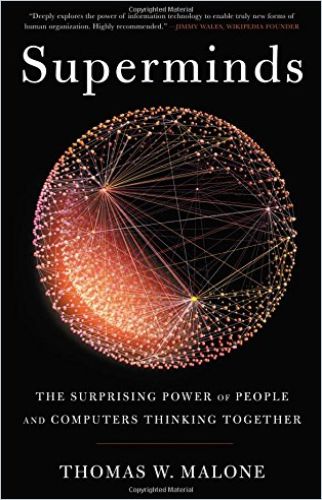
Whatever humans do, they will stay in the loop. It’s not that they’re not needed anymore. On the contrary: Where your experience and expertise is needed, it will be even more important. Machines and humans will be able to do things together that none of them could achieve alone.
Heal the World
But again, how can we do it right? The world is surely not becoming a better place if our conscious or unconscious biases make their way into algorithms.
In the end, it comes down to this: Do we want to model the world as it is, or as it should be?
AI should be fair. AI-driven facial recognition systems should recognize people with different physical attributes. AI giving medical advice should propose the same treatment to all people with similar symptoms. AI helping to find the best candidates for a job opening should treat people with similar professional qualifications equally.
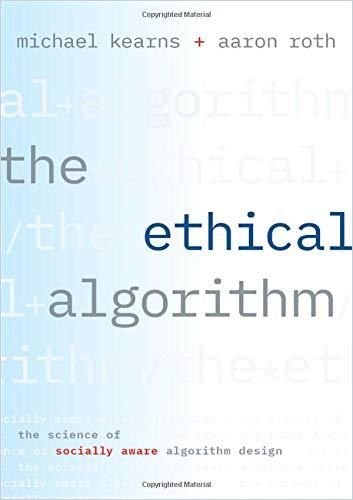
People need to think before they act. What holds true for using CRISPR technology that allows us to modify human genes holds also true for the design of AI applications that are often used globally and hence have the potential to do much harm – or good. Read two of our exclusive interviews to find out more:
MIT Professor Iyad Rahwan and his group have created a website called Moral Machine that randomly presents a dilemma situation with an imagined autonomous car. Say the car would be forced to decide between two options, one of which might harm the passenger, another of which might harm people on the sidewalk – how would you want it to decide? The website allows people to vote for their choices and the researchers then analyze the responses they get – including taking into account that someone’s cultural background may play a role in their voting behavior.
Here are some selected summaries for a deeper dive into the topic:
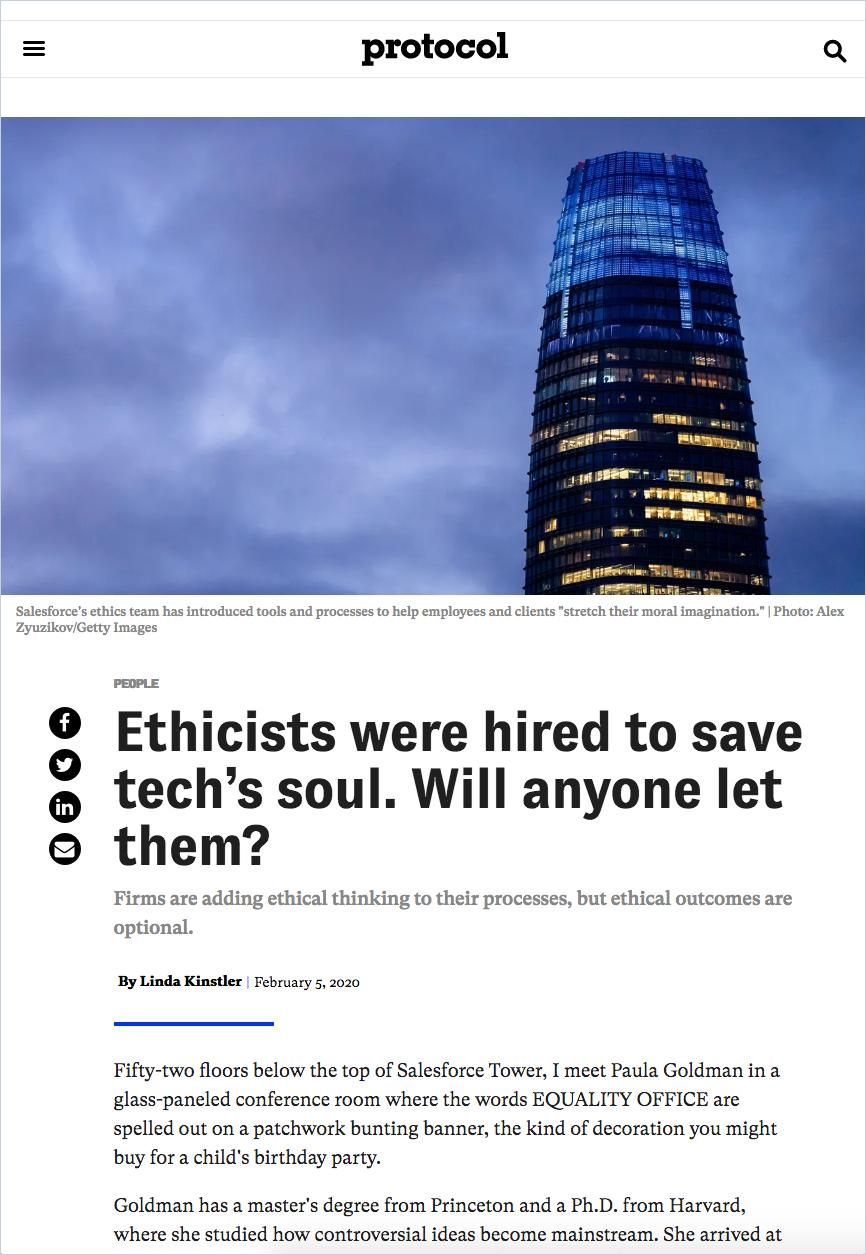
Ethicists were hired to save tech’s soul. Will anyone let them?
Protocol Read SummaryLet’s Take it from Here
How will people benefit from the machines of the future? Will everyone be included, or will it be the same people that always benefit, leaving behind all those who live in the wrong place or choose to live in a different way? Let’s create AI for the good. For real.
And then let’s talk data security and people’s privacy in part 6 of this series. AI applications need data, lots of data. But shouldn’t people’s data be protected to stay private?
